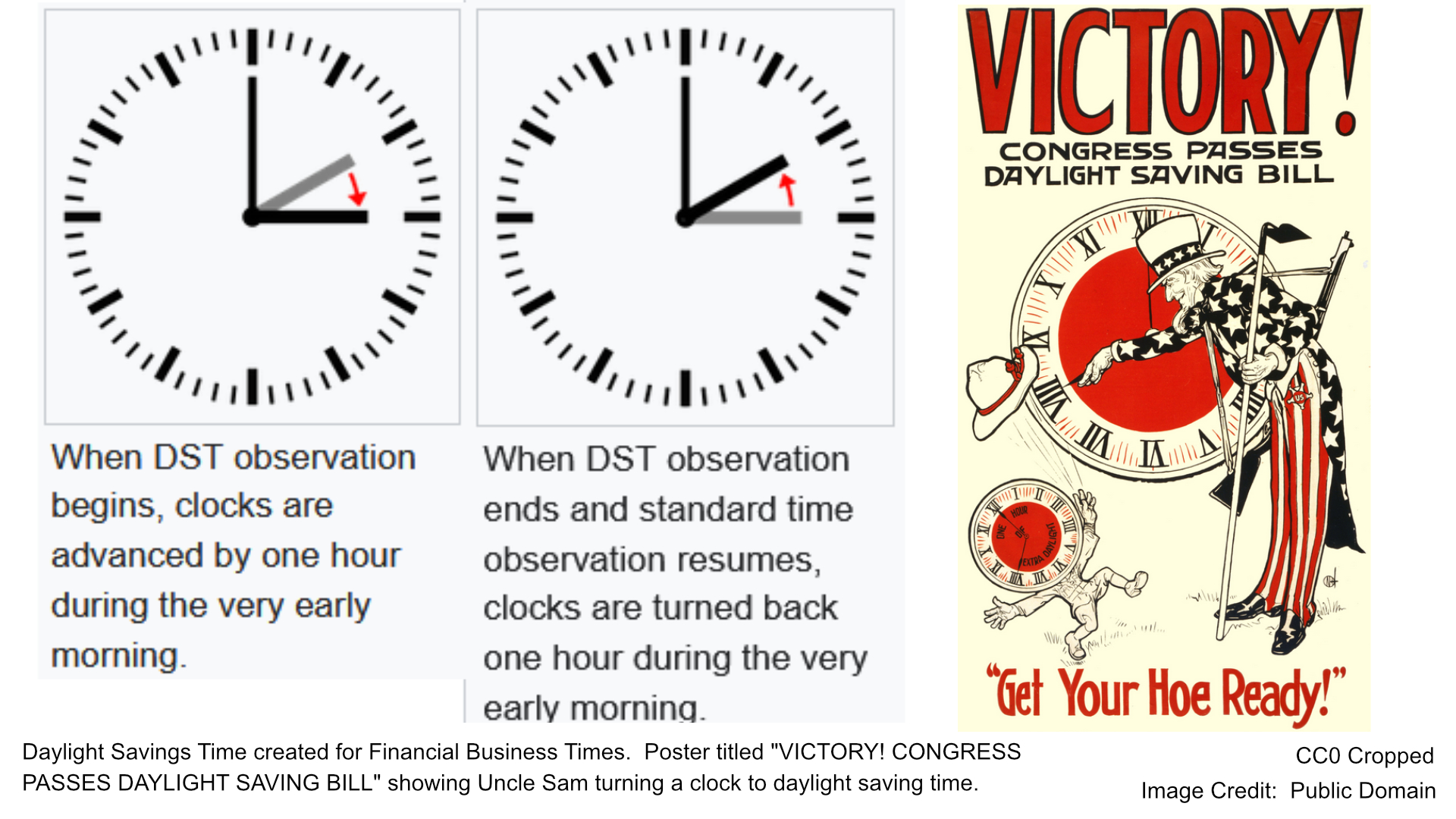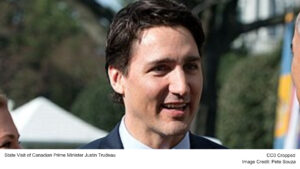Daylight saving time has sparked renewed debate, with U.S. President-elect Donald Trump advocating for its end. Trump argues the practice is inconvenient and costly, pressing for its elimination after his January inauguration. Trump’s influential allies, Elon Musk and Vivek Ramaswamy, support his stance, further fueling the debate.
- Trump Advocates Ending DST: President-elect Donald Trump, backed by Elon Musk and Vivek Ramaswamy, calls for ending daylight saving time (DST), citing inconvenience and costs.
- Legislative History: The Sunshine Protection Act, passed by the Senate in 2022, aimed to make DST permanent but stalled in the House. Republican control of Congress may revive the bill.
- Public Opinion: A 2023 poll shows 62% of Americans support ending clock changes, with many favoring permanent DST, reflecting growing dissatisfaction with the current system.
- Health and Safety Concerns: Studies link DST to adverse effects, including increased traffic accidents and health issues, intensifying calls for reform.
In 2022, the U.S. Senate passed the Sunshine Protection Act, aiming to make daylight saving time permanent. However, it stalled in the House due to disagreements over whether to keep standard time or permanent daylight saving time. With Republicans controlling Congress, the bill could see revival, but changes would likely not take effect immediately.
Daylight saving time affects nearly 400 million people across North America. It starts the second Sunday in March and ends the first Sunday in November, with “spring forward, fall back” serving as a reminder. Critics argue it disrupts schedules and lacks significant energy savings.
The debate over daylight saving time extends beyond convenience. Studies suggest it may have adverse health effects, including increased traffic accidents and health issues. A 2023 poll found 62% of Americans favor ending clock changes, with many supporting permanent daylight saving time.
Notably, some U.S. states and territories do not observe daylight saving time. Hawaii, Arizona (excluding the Navajo Nation), and several U.S. territories maintain standard time year-round. Meanwhile, 19 states have passed legislation to adopt permanent daylight saving time if Congress allows.
As discussions continue, the future of daylight saving time remains uncertain. Trump’s push for change highlights ongoing debates about its relevance and impact. The coming months will be crucial in determining whether the practice will persist or see significant reform.







Be First to Comment